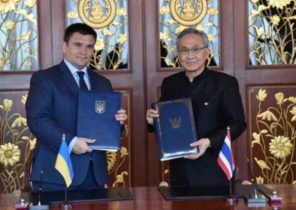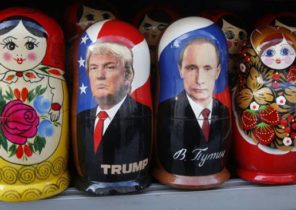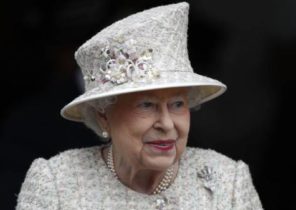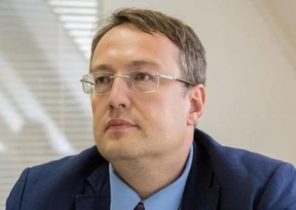
Russian state finances will remain in good enough condition, if oil prices will stay at current levels, but the necessary structural reforms to improve economic growth, said the chief economist of the European Bank for reconstruction and development (EBRD).
Oil, one of the key sources of income for Russia, once again exceeded $ 50 per barrel, while activity in the manufacturing sector of the Russian Federation in December quickened the most since 2011, indicating the resumption of economic growth after more than two years of decline.
“The state of Russian finances have improved today. If oil prices remain at the level of 50-55 dollars, the situation for the Russian authorities in the next few years will be good enough. At current oil prices, the threat of sovereign default will not be”, — said Sergei Guriev in an interview with Reuters on Wednesday.
On Wednesday, the price of Russian Urals crude oil held near $ 53 a barrel. The budget deficit of the Russian Federation in 2017 may be about 2% of GDP, if oil prices remain at 50 dollars per barrel, said on Saturday the Russian Finance Minister Anton Siluanov.
However, Guriev warned: “If the price of oil drops to $ 30 per barrel… the Russian authorities will have to resort to another round of large-scale austerity measures”.
Such a scenario is not impossible, given the intention of the President of the United States Donald trump to develop the production and export of energy resources, said Guriev.
The annual Russia’s GDP growth might average be 1-1. 5% “a year or two,” below the global average, but Moscow needs to implement structural market reforms to improve their results, said Guriev.
Earlier, the Bank predicted growth in GDP at 1.2% in 2017. The Minister of economy of Russia Maxim Oreshkin told Reuters at the world economic forum in Davos last week that the country’s economy in 2017 could grow by 2% in the absence of external shocks.
Sanctions
In 2016, the decline in the economy of the Russian Federation, according to preliminary data, could be 0.6% due to low oil prices and Western sanctions imposed in 2014 due to the annexation by Moscow of Crimea and its role in the Ukrainian conflict.
The EBRD has frozen its investments in Russia. Moscow said earlier that it will again try to overturn a ban on new loans at the meeting of the Board of governors of the Bank in may.
Guriev, one of the leading Russian economists, who had fled the country in 2013 after a series of searches and interrogations.
He said that the lifting of sanctions against Russia will encourage investors to begin to return to the resource-rich country that will have a positive impact on the economy, but added: “the Question is how the sanctions are lifted”.
Moscow refuses to return the Crimea to Ukraine.
Guriev also expressed concerns about the growth of populism in Europe, saying it could lead to trade protectionism and undermine globalization and market reform.
“All this has brought significant benefits to developing markets,” he said.







